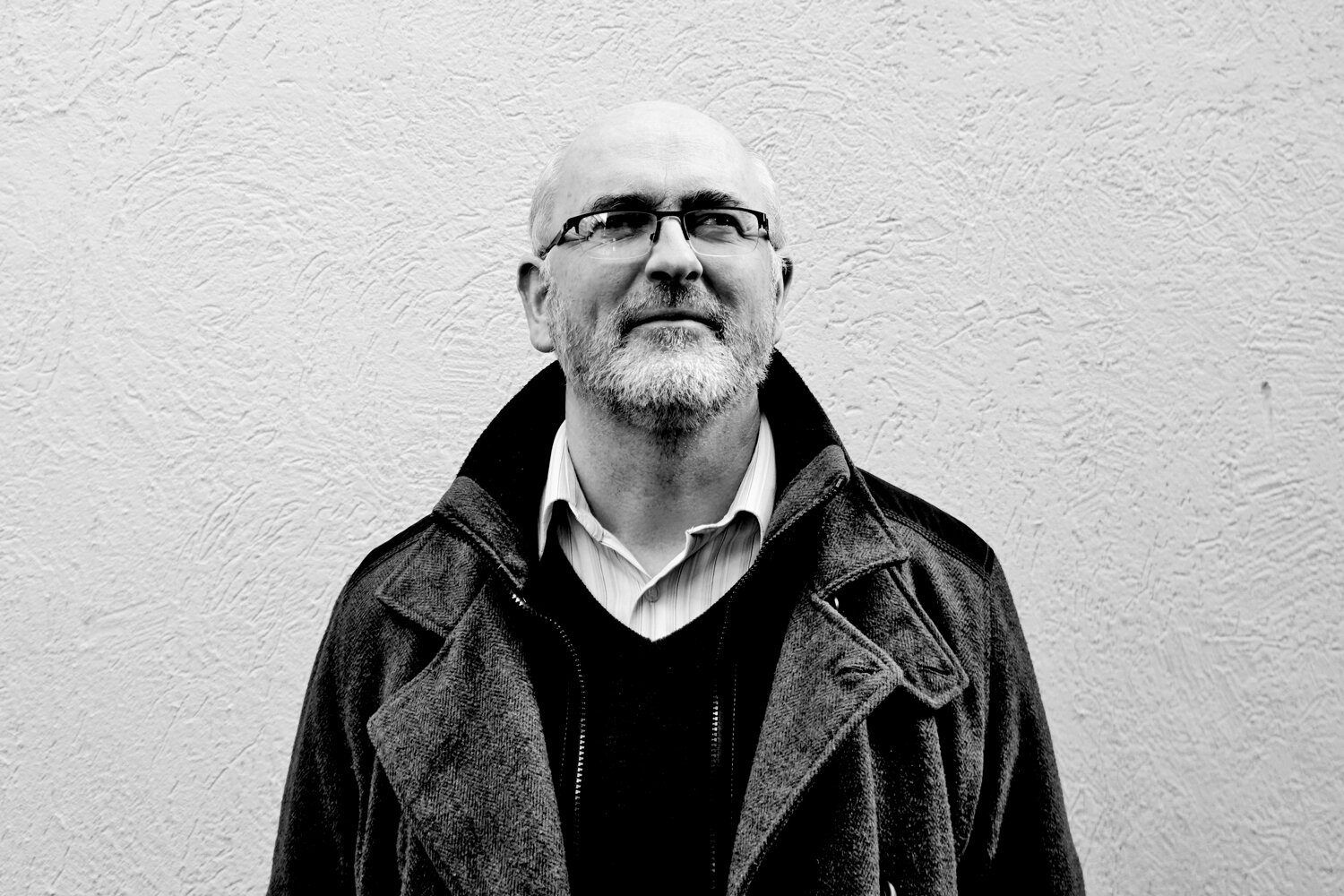Love’s Hard Calling: Rejoicing in the Truth
With Patrick Mitchel
(From the October - December 2018 issue of VOX)
“The tough calling of love is NOT to act in our own self-interest but in the interests of others.”
1 Corinthians 13 is one of the most famous passages in the New Testament. It is also one of the most troubling. First, a wee bit of context. When read at weddings, verses 1-13 are often sentimentalised. ‘Love’ is abstracted to be a ‘lovely’ description of the loving couple in a day celebrating their love. But 1 Corinthians is anything but abstract. Paul writes to a church riven by division, bad theology, pride, arrogance, immoral behaviour and misplaced priorities over gifts. So, as we read these verses they have a hard edge; there is nothing soft and fluffy about them. There are seven positive descriptions of what love does and eight negatives. A verb is used in every case – love is seen in what it does.
LOVE REJOICES IN THE TRUTH
Let’s take one example of a positive: love… rejoices with the truth (6b). It sits in opposition to love does not delight in evil. The verb has a sense of ‘joyfully celebrates’ or ‘acclaims’ truth.’ At first reading this sounds lovely does it not? But think about the implications for a moment.
In his NIGTC Commentary, Anthony Thiselton argues the emphasis here is not so much on ‘truth’ with a capital ‘T’ (e.g. the Truth of the Gospel) as on relationship. Love rejoices in truth that protects, fosters and strengthens relationship, even at a cost to ourselves.
There can be powerful reasons NOT to rejoice in the truth.
TWO CURRENT EXAMPLES IN THE CHRISTIAN WORLD
The Church of England: This summer, the Church of England published a ‘report into a report,’ namely a review of their own first investigation into how allegations of historical abuse had been handled by the church. The independent review found that the first report has been ‘botched’ and that negative aspects were downplayed in order to protect the reputation of the church.
Willow Creek Community Church: This story has been unfolding for some time. Serious allegations against Hybels had surfaced some years ago and had not been dealt with openly. When more women came forward, the reaction was denial, calling the women liars and failing to implement a robust external investigation. Finally, and only after enormous criticism and widespread concern both within and outside Willow, there were public apologies and resignations.
THE COST OF REJOICING IN THE TRUTH
Stories like these are bad news and good news. They begin with the bad news of damaging behaviour compounded by an instinctive reaction to hide the truth, or at least give a partial version of the truth, in order to protect the institution in question. But the good news is the movement towards full disclosure.
There were powerful motives NOT to rejoice in the truth:
Money (at all sorts of levels: potential court cases, book sales and huge ministry budgets at stake, etc.)
Reputation and the deep cost of admitting ‘we got it wrong’ (and, in the case of Hybels, the protection of a deeply-loved and charismatic leader)
Power – and the threat of a loss of that power
God (perhaps persuading ourselves that God needs protection – that the truth will damage the church, the Gospel and good Kingdom work)
I mention these cases because they are current and in the (very) public domain. If postmodernism has taught us anything, it is to have a healthy scepticism over how institutions act to protect themselves – and that, sadly, is true of churches as well.
The tough calling of love is NOT to act in our own self-interest but in the interests of others, especially when there is a cost to ‘us’.
Love meant first seeking the good of those damaged and hurt rather than using manipulation, obfuscation or obstruction to hide the full truth and protect ourselves.
That’s why 1 Corinthians 13 is anything but a mushy feel-good ‘ode to love’, but is, rather, a very troubling and difficult text.
This article first appeared in Patrick’s blog (Faith in Ireland - www.faithinireland.wordpress.com) at the beginning of July and is reused here with some small edits and updates because of its relevance to this issue of VOX.

